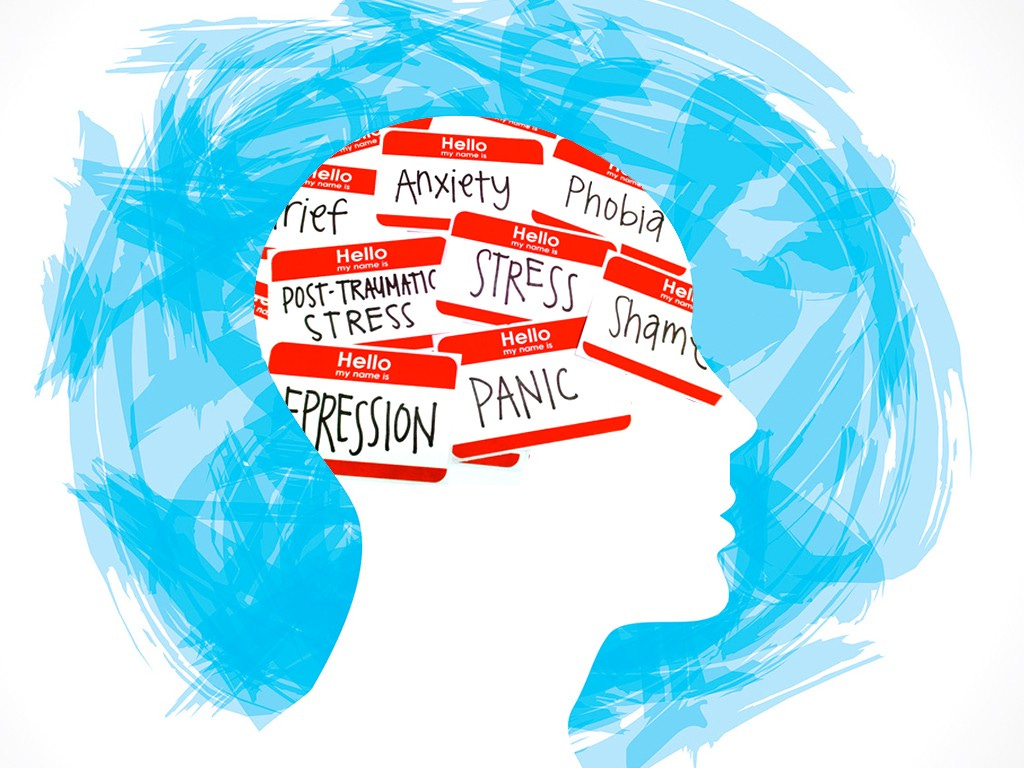What your therapist won’t tell you: the hidden truths about mental illness
Mental illness isn't always permanent, but severe cases require long-term management. Minor issues often resolve naturally, while serious conditions require active intervention and lifestyle changes.
What I'm about to tell you may change how you think about mental illness. That's precisely why you need to hear it.
There are two truths about mental illness that our culture systematically avoids discussing. The first will surprise you. The second might save your life.
The First Truth: Most Minor Mental Health Issues Resolve Themselves
Here's something that would make pharmaceutical companies and therapy practices rather uncomfortable: If you're dealing with mild depression, anxiety, or general life dissatisfaction, there's a good chance your problem will simply disappear within six to twelve months. This phenomenon, called "spontaneous remission," occurs regardless of whether you seek professional help.
This isn't a fringe theory; it's documented in psychiatric literature. Most mild mental health issues naturally resolve themselves. This doesn't mean therapy and medication are useless, but it does mean we've been less than honest about the natural progression of psychological distress.
Why does this matter? It means that if you're struggling with relatively minor issues, you're not necessarily broken. You're not necessarily diseased. You may simply be experiencing normal fluctuations of human existence—the temporary storms that pass through everyone's life.
But here's where things get serious.
The Second Truth: Severe Mental Illness Requires Lifelong Management
Moderate to severe mental illness operates by entirely different rules. Unlike mild depression or anxiety, serious psychological conditions don't simply disappear. They're not temporary storms; they're permanent features of your psychological landscape that require constant, deliberate management.
Think of it this way: Mental illness resembles diabetes more than a bacterial infection. You can't take a course of antibiotics and be cured of depression forever. Instead, like diabetes, serious mental illness is a chronic condition demanding lifelong vigilance and management.
This is simultaneously the most discouraging and most hopeful thing I can tell you about severe mental illness.
The Management Paradox
Here's the paradox: While you may never be "cured" of severe depression, anxiety, or other serious psychological conditions, you can manage them so well that they essentially disappear. You can live as if you don't have the condition at all—but only if you maintain the behaviors and thought patterns that keep it at bay.
You might identify as "depressive", not because you're currently depressed but because you recognize your permanent vulnerability to depression. This isn't pessimism; it's realistic protection.
The moment you believe you're invulnerable to depression is the moment you stop doing the things that prevent it from returning. Make no mistake: it would return.
What Actually Works
So, what does effective management look like? It's simpler and more difficult than you might expect.
The behavioral changes are straightforward yet demanding. Eliminate mind-altering substances, such as marijuana and alcohol, which can worsen depressive symptoms, dull your motivation and confine you to a mindset of the status quo. Form genuine relationships with psychologically healthy and emotionally stable people. Find your place in the world—somewhere you belong and can contribute. Identify a purpose that transcends your immediate comfort. Exercise daily. Eat real nutritious food. Achieve some measure of material success and social status.
Cognitive changes are equally crucial: silence your internal critic, confront your fears and self-limiting beliefs, develop emotional resilience, be radically honest with yourself and others, adopt a growth mindset, and study your own psychology relentlessly.
Notice that none of this is easy. However, all of it is possible.
The Critical Role of Professional Help
Now, let me be clear: understanding that you need to manage your condition doesn't mean you have to do it alone. Attempting to navigate severe mental illness without professional guidance is often futile and borders on self-sabotage.
A competent and experienced psychotherapist can serve as your psychological cartographer, helping you map your mental landscape and identify management strategies tailored to your unique situation. They have walked this path with hundreds of others before you. They know where the pitfalls lie, what the warning signs look like, and which interventions are most likely to succeed.
More importantly, when you're trapped in the depths of depression or paralyzed by anxiety, your capacity for clear thinking is compromised. You need an external perspective—someone who can see patterns you cannot and point out the self-deceptive stories you tell yourself. The therapist's office becomes a place where you practice telling the truth: first to another human being and eventually to yourself.
Don't mistake self-reliance for self-destruction. Seeking help when you're stuck isn't a sign of weakness; it's a sign of strategic intelligence.
The Responsibility of Knowledge
Once you understand that severe mental illness requires management rather than a cure, you must make a choice. You can either take responsibility for managing it and transforming vulnerability factors into resilience factors, or you can remain at the mercy of psychological forces that you refuse to acknowledge or address.
This isn't about blame; it's about agency. A person who accepts their condition and commits to managing it effectively can live a life indistinguishable from someone without that condition. Those who deny their condition or refuse to manage it will likely see it worsen over time.
Being accountable
The truth about mental illness is this: mild problems often resolve themselves. However, serious conditions require you to become the kind of person who can manage them. This means developing discipline, building genuine relationships, finding meaning, and maintaining practices that promote psychological health.
It's not fair that some people must work harder to maintain their mental health. But fairness has nothing to do with it. What matters is whether you'll take responsibility for your psychological reality or allow it to determine your life's trajectory.
The choice, as always, is yours. Choose wisely.


